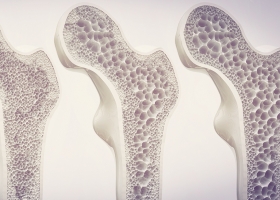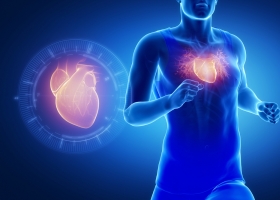Primary tabs
Prolonged periods of stress are putting Australians at risk of hypocortisolism and therefore at risk of a number of health conditions, one such condition being osteoporosis.
When aiming to address allergic symptoms, reducing exposure to known allergens is essential. These recommendations can be given to assist in regulating normal immune responses and stabilising mast cells to reduce excessive histamine release.
Anxiety disorders appear to be caused by an interaction of biopsychosocial factors, including genetic vulnerability, which interact with situations, stress or trauma to produce clinically significant syndromes. Symptoms vary depending on the specific anxiety disorder.
Beta-glucans are one of the most abundant forms of polysaccharides found inside cell walls of bacteria and fungi, exhibiting benefits from immune cell activation to anti-cancer effects.
Clinical trials and traditional evidence show that supplementation with brahmi enhances a range of cognitive processes including verbal attention, memory acquisition, retention and recall, intellect and speed of information processing.
Green tea is widely known for its potent antioxidant effects. This research highlights how this may be capitalised on for exercise-induced oxidative stress.
Medicinal fungi Cordyceps sinensis shows measurable results for stress markers in this recent study.
Ubiquinol is a reasonably new supplement now approved by the Therapeutic Goods Administration (TGA) and therefore available to Australian Healthcare Professionals. Prior to its recent addition to the Australian Register of Therapeutic Goods (ARTG) CoQ10 was only available in the form of ubiquinone, both forms, are now marketed as supplemental options for coenzyme Q10.









